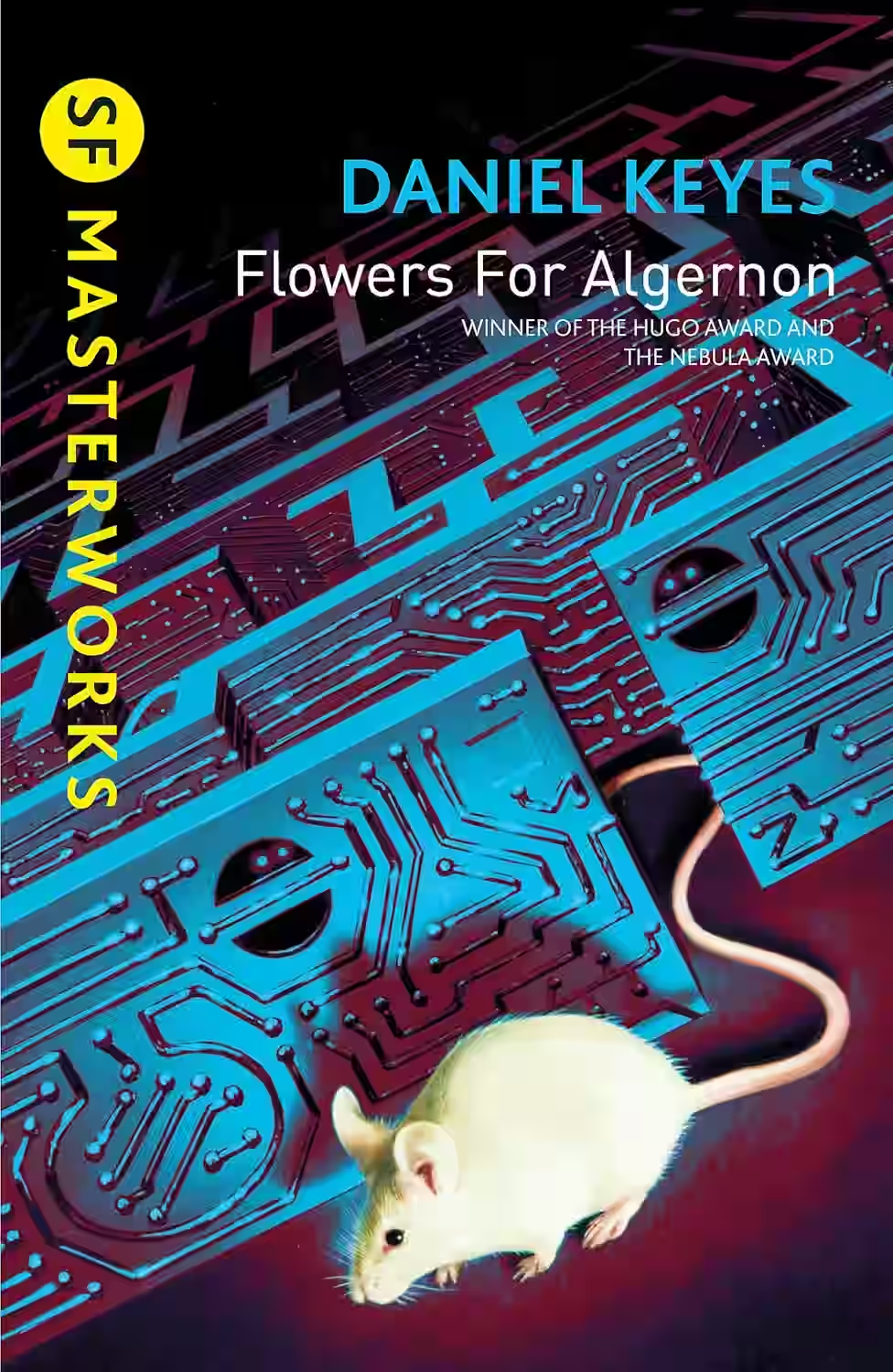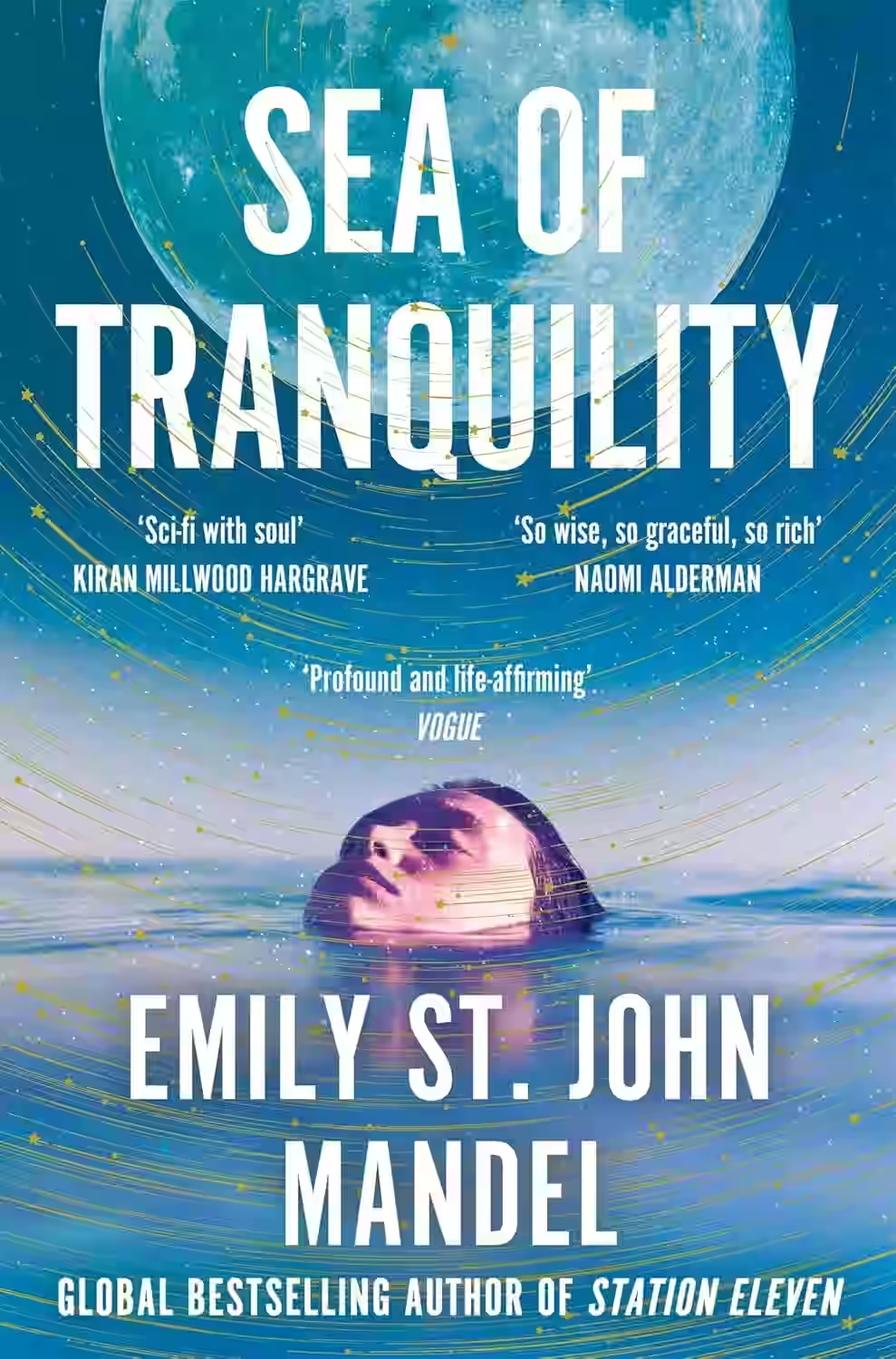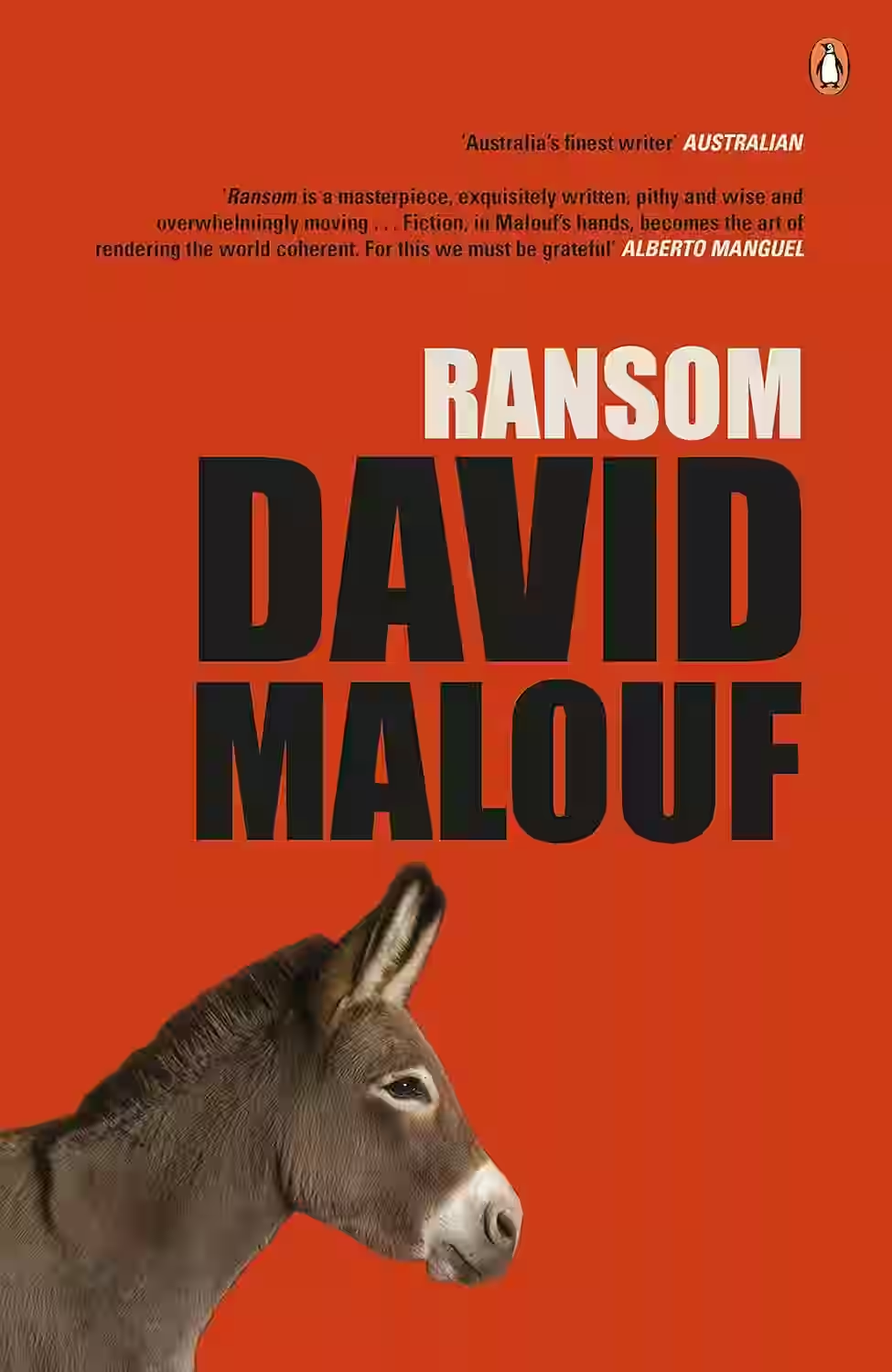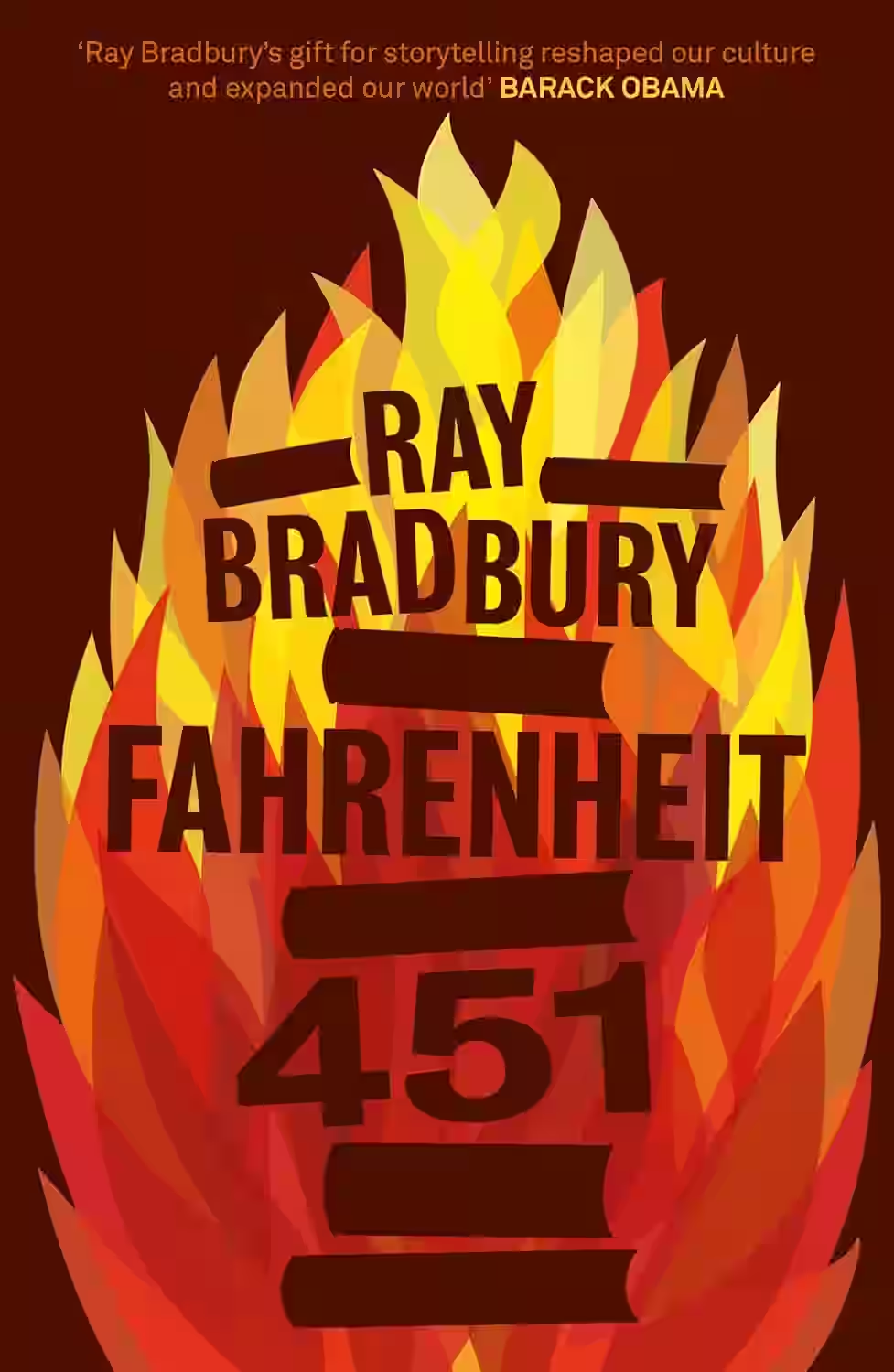
In Daniel Keyes' poignant novel 'Flowers for Algernon,' we journey alongside Charlie Gordon, a mentally disabled man whose life changes dramatically when he becomes the subject of an experimental surgery that enhances his intelligence. As Charlie's intellect grows, he grapples with his evolving relationships, deep existential questions, and the emotional complexities of his newfound self-awareness. The narrative powerfully examines themes of intelligence, humanity, loneliness, and the essence of being. Through Charlie's moving and introspective journey, Keyes explores the fragile nature of identity and the inherent human desire for connection and understanding.
About Daniel Keyes
Daniel Keyes (1927-2014) was an American author best known for his groundbreaking work 'Flowers for Algernon.' Born in New York, Keyes initially pursued a career in fashion photography before turning to writing. His poignant exploration of intelligence and humanity in 'Flowers for Algernon' earned him the Hugo Award and remains a classic of science fiction literature. The novel, originally a short story that gained immense popularity, has been adapted into various forms, showcasing Keyes' enduring impact on literature. Through his emotive storytelling and compassionate characters, Daniel Keyes continues to captivate readers with his insightful reflections on the human condition.
Similar Books

Sea of Tranquility
This evocative passage introduces a multi-layered narrative spanning centuries and locations, from the 19th-century Canadian wilderness to a future moon colony and a "Night City." Edwin St. Andrew's mysterious experience with the violin in the airship terminal sets a strange, unsettling tone. Two centuries later, author Olive Llewellyn unknowingly echoes this event in her pandemic novel, hinting at a deeper connection. Detective Gaspery-Jacques Roberts' investigation into a wilderness anomaly promises to unravel the threads linking these disparate lives and the unsettling possibility of timeline disruption. The blend of historical exile, futuristic settings, and a central, unexplained event creates an intriguing premise.

A Short Stay in Hell
In 'A Short Stay in Hell' by Steven L. Peck, the protagonist Soren Johansson finds himself in a vast library after his death, where he discovers that his version of the afterlife involves an eternity of reading every book ever written in a search for the one that contains the story of his own life. As Soren grapples with the incomprehensible scale of the library and the philosophical implications of his new reality, the book delves into profound themes of existence, free will, and the nature of consciousness. Peck's exploration of the limits of human knowledge and the vastness of the universe will challenge readers' perspectives on life and death.

Ransom
by David Malouf
David Malouf's 'Ransom' offers a poignant reimagining of a brief, but pivotal episode in Homer's 'Iliad'. The novel focuses on King Priam of Troy's journey to retrieve the body of his slain son Hector from the Greek warrior Achilles. Malouf explores themes of grief, redemption, and the transformative power of human compassion. The narrative shifts between Priam's introspective reflections and Achilles' struggles with his own wrath and sorrow, delving into the interplay of fate and vulnerability in the face of monumental loss. Malouf's lyrical prose and deep empathy for his characters render this tale not just a retelling, but a profound meditation on the potential for change and understanding even amidst the chaos of war.

Fahrenheit 451
by Ray Bradbury
Ray Bradbury's "Fahrenheit 451" is a profound dystopian novel that delves into the consequences of a society bereft of critical thinking and free expression. Set in a future where books are banned and 'firemen' burn any that are found, the narrative follows Guy Montag, a fireman who begins to question his role in suppressing knowledge. The novel explores themes of censorship, the dehumanizing effects of technology, and the power of literature to inspire change. Bradbury's incisive commentary on conformity and intellectual repression remains remarkably pertinent, making it a timeless critique of society's foibles and the resilience of the human spirit in the pursuit of truth.